On that basis, the city is also urgently completing its application to join the UNESCO Global Network of Learning Cities, aiming to integrate more deeply with international standards. The clear results in the 2020-2025 period create momentum for Hanoi to soon become a typical learning city in the region.

Replicating learning models
Identifying the movement to build learning models as the foundation of a learning society, Hanoi has implemented many synchronous solutions in recent years. Chairwoman of the Hanoi City Association for Promotion of Education Nguyen Thi Ngoc Minh emphasized that Ho Chi Minh's ideology on lifelong learning has always been concretized by the association at all levels with clear plans and detailed criteria, from learning citizens to learning families, learning clans, learning units and learning communities. This helps people understand the meaning of self-study and create a habit of regular study.
From 2020 to 2025, the City's Association for Promotion of Education organized hundreds of seminars and talks, attracting more than 11,000 delegates. Promotion of education and talent was promoted thanks to the diversification of scholarship funds, in which "Learning Never Ends" is a prominent model to encourage the spirit of lifelong learning at all ages. As a result, the proportion of learning models increased by about 5% in just 5 years. The "Learning Family" model increased from nearly 70% to 75%; the "Learning Unit" model increased from 91.9% to 95.8%. This is evidence of the widespread spread of the learning movement in the capital.
This effort has been contributed by many typical examples. One can mention the case of Mr. Bach Cong Tien, Chairman of the Association for Promotion of Education of Ba Vi District (old). He always focuses on socializing the work of promoting education, helping disadvantaged students. The total fund for promoting education of the district always reaches more than 17 billion VND, Mr. Tien's family alone supports more than 30 million VND each year.
In the higher education sector, Hanoi Open University is also a bright spot. The school supports the Vietnam Association for Promoting Education in building and operating software to evaluate the “Learning Citizen” model. Each year, the school spends about 15 billion VND on scholarships, contributing to supporting disadvantaged students to maintain their studies. In the business sector, many units have creatively implemented the “Learning Unit” model.
Mr. Nguyen Manh Than, Chairman of the Board of Directors of Ao Vua Joint Stock Company, shared: “The most important thing is to create an environment that encourages employees to self-study every day. Learn from the smallest things: health care, civilized communication, to grasping technology to work more effectively”. At Ao Vua, the self-study movement has become an internal culture.
The community learning movement has clearly developed through the Lifelong Learning Response Week. In Cua Nam Ward, Vice Chairman of the Ward People's Committee Trinh Ngoc Tram said that the ward has organized skill training courses for cadres, party members, civil servants and people; deployed the "45 days and nights of digital transformation" campaign; strongly promoted the models of "Learning Family", "Learning Clan", "Learning Community". Activities such as building electronic libraries, digital bookcases and digital skills classes help people access knowledge anytime, anywhere. These innovations have had a positive impact on people.
Ms. Le Thu Ha (Cua Nam Ward) shared: “I am very impressed when the ward organizes digital skills classes for parents and the elderly. Thanks to that, my family and children learn how to use many technology platforms.”
For students, experiential activities, business visits, and career exploration have expanded their learning space. Nguyen Hong Minh, a 9th grader at Trung Vuong Secondary School, said: “Career orientation sessions and digital skills classes help me learn how to find documents, design presentations, and explore future careers.”
Not only rich in traditional classrooms, Hanoi is building a system of "schools without walls" - where all cultural, historical and heritage spaces become learning environments. The city has 23 museums, 1,192 libraries and nearly 6,000 historical and cultural relics. These places regularly organize activities to learn history through heritage, display thematic exhibitions, and experience real life, attracting millions of students. From 2019 to 2023, more than 3 million people participated in activities and studies at 526 community learning centers. This system has truly become an "open classroom network" for all ages, from the elderly learning yoga and health care, to teenagers learning soft skills and technology.
Towards a UNESCO learning city
In parallel with the community learning movement, Hanoi has been implementing a system of strategic policies to gradually integrate with international standards. Notably, the City is completing its application to join the UNESCO Global Network of Learning Cities - one of the world's most prestigious networks for cities that use learning as a driving force for development.
Speaking at the Lifelong Learning Forum in April 2025, Vice Chairwoman of the Hanoi People's Committee Vu Thu Ha affirmed: "Empowering everyone to learn is the key for the capital to constantly innovate, adapt and integrate with the world." She also emphasized the message: "Lifelong learning to become useful people", demonstrating the spirit that the city has pursued for many years.
Many important documents have been issued to specify the goals. In particular, Resolution No. 23-NQ/TU of the Hanoi Party Committee sets medium-term and long-term goals until 2045. Some outstanding goals include: 99.5% of people aged 15-60 are literate; 70% of citizens meet learning and digital skills standards; 80% of families, clans, and communities achieve learning titles; 60% of administrative units meet learning unit standards.
The Hanoi People's Committee also issued a plan to implement the movement "The whole country competes to build a learning society in the period of 2023 - 2030" with a toolkit of 9 standards, 26 criteria, 49 indicators, closely following 6 characteristics and 42 core criteria of UNESCO. The criteria focus on inclusive and equitable learning; learning at work; learning culture in families and communities; innovation in learning in the digital environment; building open learning spaces... Hanoi focuses on mobilizing non-financial resources. More than 4,600 village and residential group cultural houses; 526 community learning centers; nearly 6,000 relics; library - museum systems are connected into a continuous learning network, serving millions of people.
In formal education, Hanoi leads the country with the “Happy School” model. According to the Hanoi Department of Education and Training, the model is implemented based on UNESCO’s recommendations with 15 criteria, aiming for a safe, creative, student-centered school environment.
Currently, the city has more than 2,900 schools from kindergarten to high school participating in the “Happy School” model, creating a strong change in school culture. Along with that, digital transformation is being promoted. During the Covid-19 pandemic, the “Waves and Computers for Children” program has given away more than 4,600 online learning devices, clearly demonstrating the spirit of leaving no one behind in education.
Currently, Hanoi is promoting cooperation with technology enterprises to organize many digital skills classes, supporting students, parents, and workers to access technology. The city also focuses on school-enterprise linkages, with career experience programs, digital skills forums, and business tours for students; contributing to improving the adaptability of the future workforce. These strategic steps show that the capital Hanoi is gradually approaching UNESCO's criteria for a learning city - where people can learn anytime, anywhere, both in school and in society.
Source: https://hanoimoi.vn/xay-dung-xa-hoi-hoc-tap-huong-toi-thanh-pho-hoc-tap-unesco-723854.html










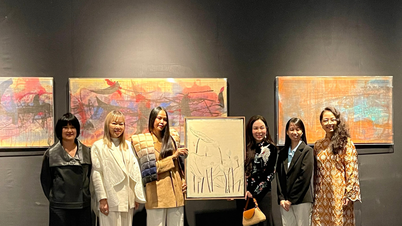

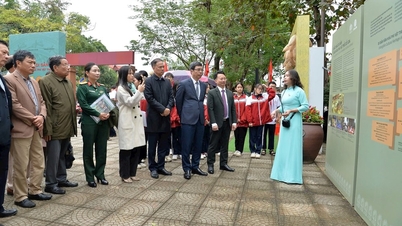

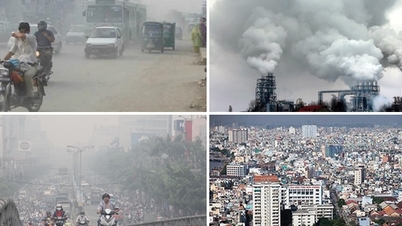

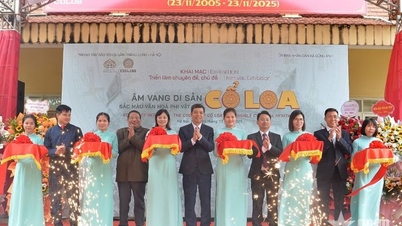

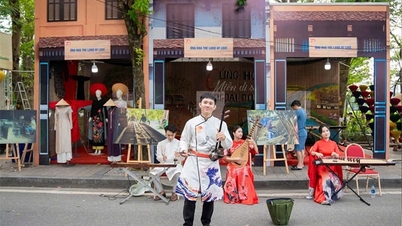



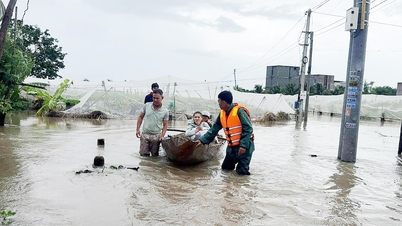

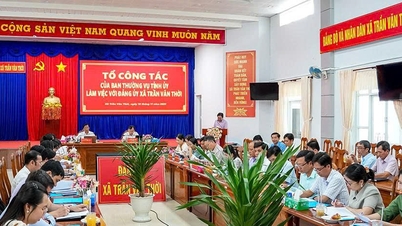









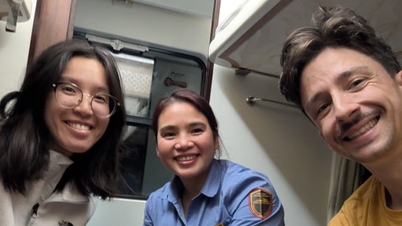

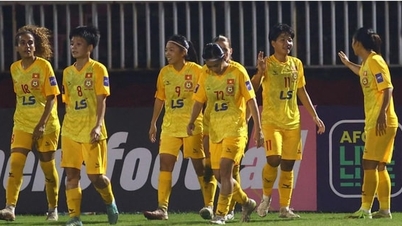

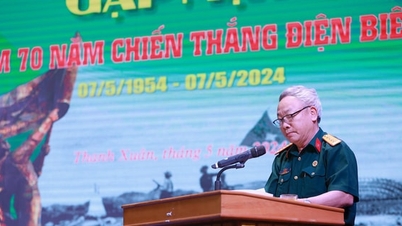
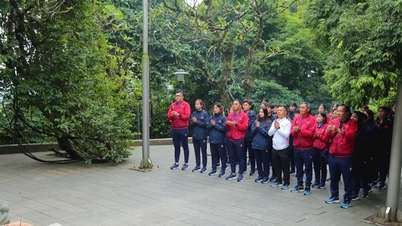







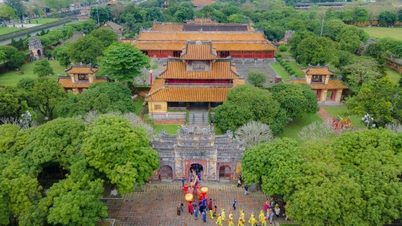

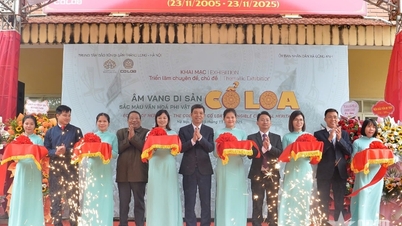

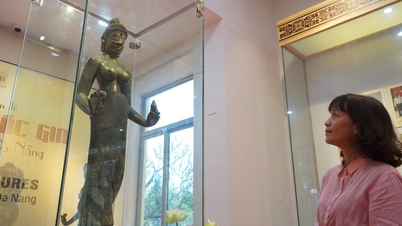

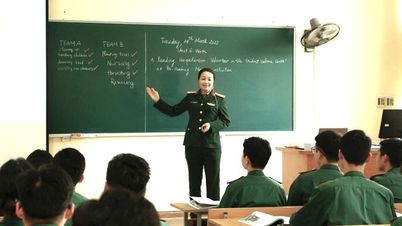



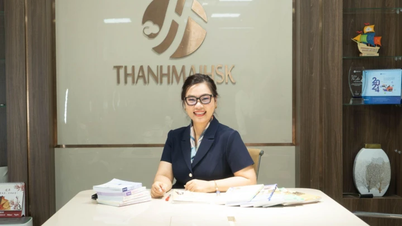

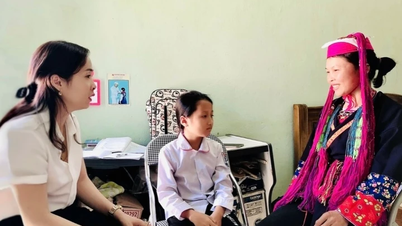
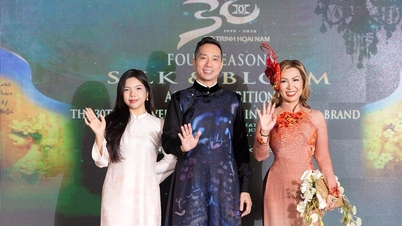


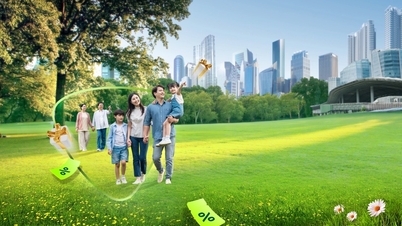

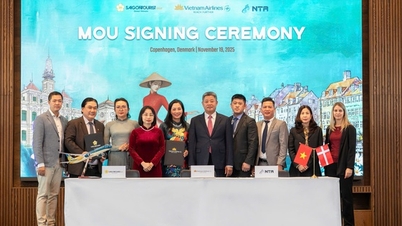
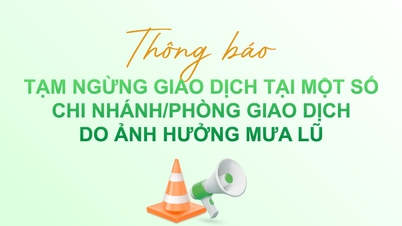
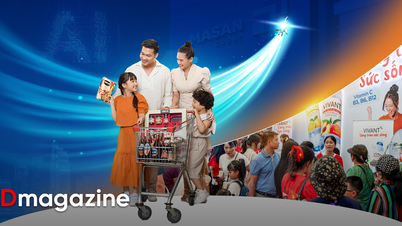


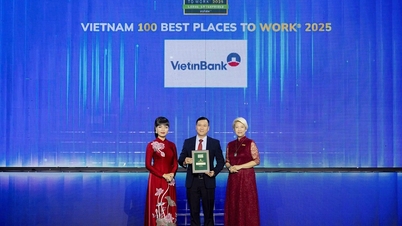










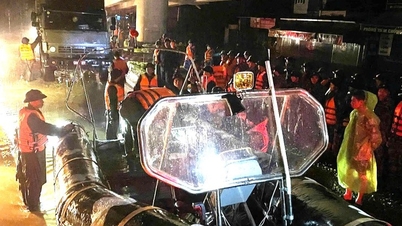

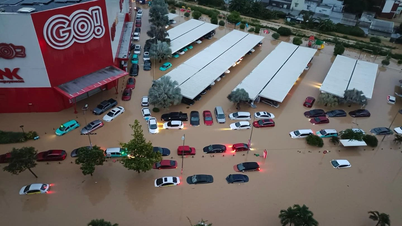

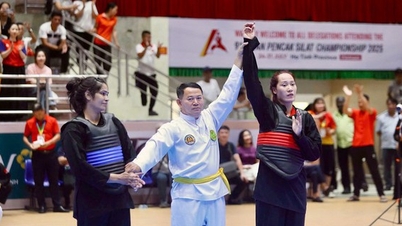

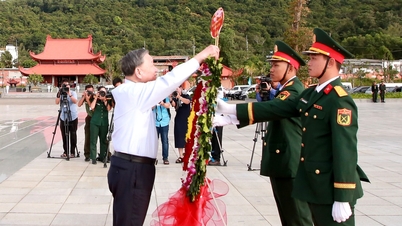

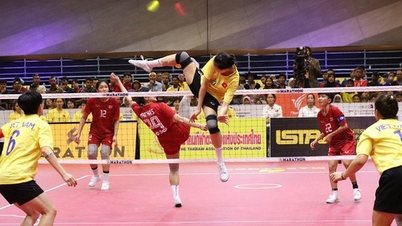




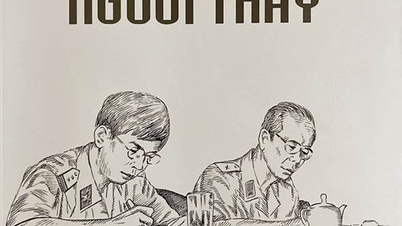

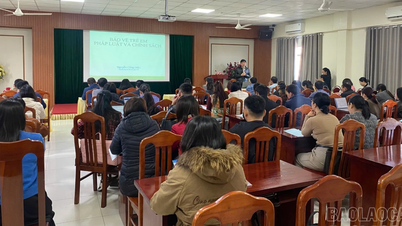

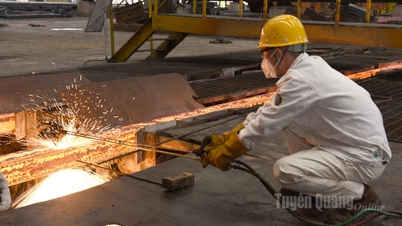

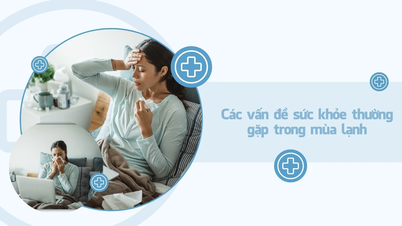









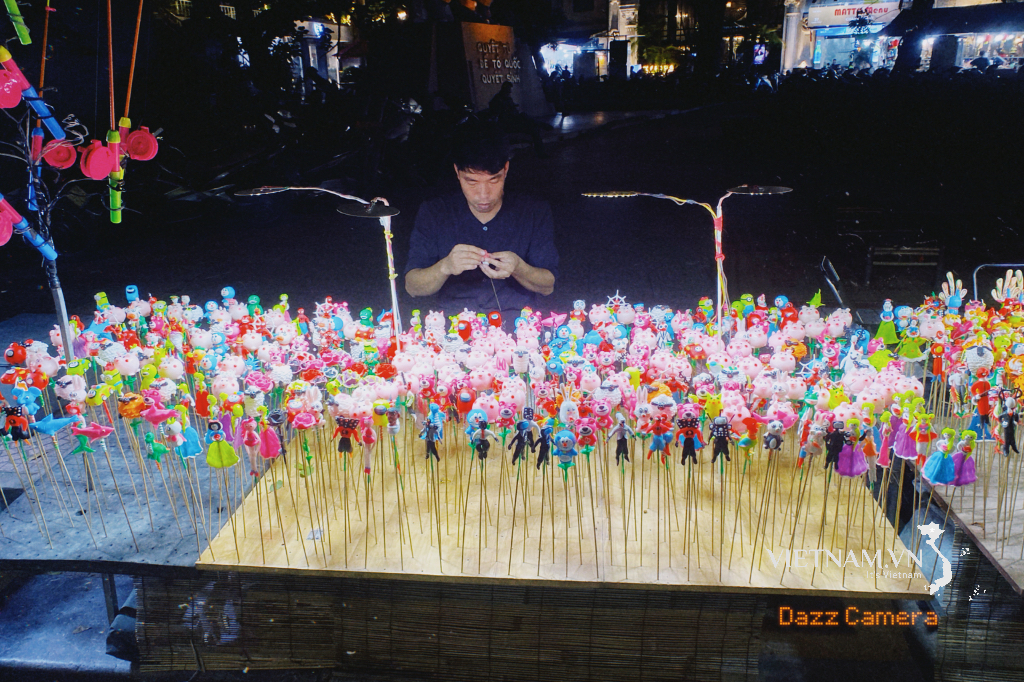



Comment (0)